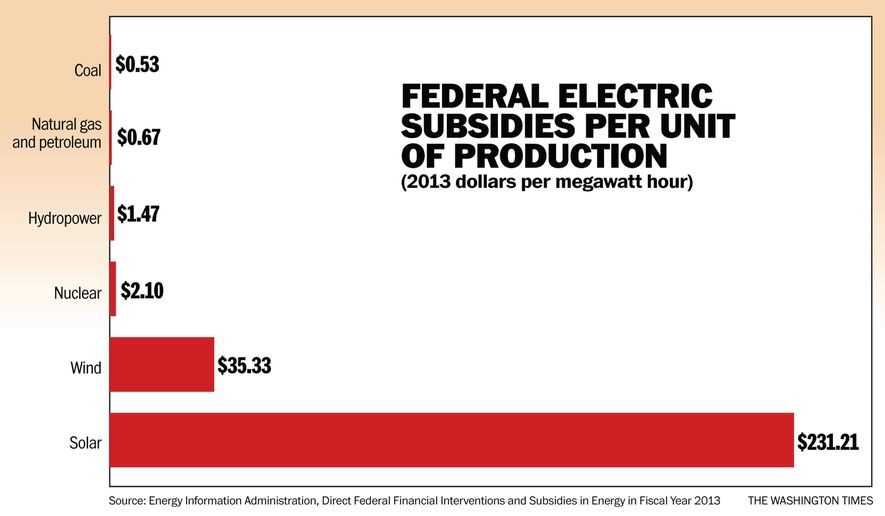It’s always someone else’s fault with these Democrats.
At a final press conference in Washington, DC Thursday….
Kerry disagreed with the narrative that Obama failed to enforce the red line, however, saying the president did intend to act—but was steered off course after the British Parliament narrowly voted against bombing Syria in August 2013.
The motorboat skipper said this:
The president of the United States of America, Barack Obama, did decide to use force. And he announced his decision publicly and said we’re going to act, we’re going to do what we need to do to respond to this blatant violation of international law and of warnings and of the red line he had chosen[.]
Now, we were marching towards that time when, lo and behold…before the Friday decision, Prime Minister David Cameron went to Parliament…and he sought a vote of approval for him to join in the action that we were going to engage in. And guess what? The Parliament voted no. They shot him down.
They shot him down. !? It’s the Brits’ fault? No, not a bit of it. President-On-The-Way-Out Barack Obama (D) and his motorboat pilot were too timid to act on their own. Obama and Kerry were so used to popping off that they never thought they’d actually be expected to honor their commitment, and so when al Assad called their bluff, they cut and ran for their desk bottoms. (Would it have helped if James Taylor had sung, in the Rose Garden, about having a friend?)
Say, though, arguendo, that the Parliament vote was somehow legitimately influential in getting Obama to walk away from his proudly announced red line. The outcome remains: Obama failed to enforce the red line. Full stop.
Nile Gardiner, Heritage Foundation’s Margaret Thatcher Center for Freedom Director, had this:
[Kerry’s remarks are] a reflection of a broader disdain for Britain that runs through the Obama presidency[.]
No, it’s much worse and much broader than that. How despicable can one administration be?

